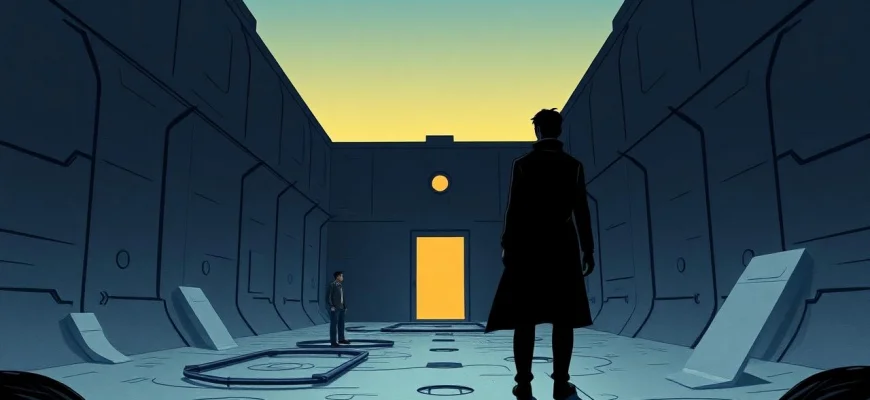If you're a fan of the enigmatic and thought-provoking series 'The Prisoner' (1967), you're likely drawn to its unique blend of psychological intrigue, surreal storytelling, and dystopian themes. This article is your guide to 10 similar movies and shows that capture the same mysterious atmosphere, complex narratives, and philosophical undertones. Whether you're looking for more mind-bending adventures or tales of rebellion against oppressive systems, these recommendations will keep you captivated.
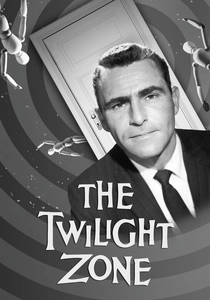
The Twilight Zone (1959)
Description: Like 'The Prisoner', 'The Twilight Zone' is a groundbreaking series that blends science fiction, psychological drama, and social commentary. Both shows explore themes of identity, freedom, and the nature of reality, often through surreal and allegorical storytelling. The anthology format of 'The Twilight Zone' allows for a variety of thought-provoking narratives, much like the episodic yet interconnected nature of 'The Prisoner'.
Fact: Created by Rod Serling, who also served as the show's narrator. The iconic theme music was composed by Marius Constant. The series has been revived multiple times, with the latest version airing in
 Watch Now
Watch Now 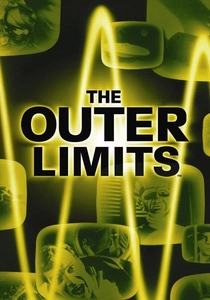
The Outer Limits (1963)
Description: 'The Outer Limits' shares with 'The Prisoner' a focus on existential and philosophical questions, often wrapped in science fiction and mystery. Both series challenge the viewer's perception of reality and authority, with 'The Outer Limits' frequently exploring the limits of human understanding and control, much like the psychological and physical confinement themes in 'The Prisoner'.
Fact: The show's famous opening narration includes the line, 'There is nothing wrong with your television set.' Unlike 'The Twilight Zone', 'The Outer Limits' was more focused on science fiction than fantasy. The series was revived in the 1990s with updated stories and special effects.
 Watch Now
Watch Now 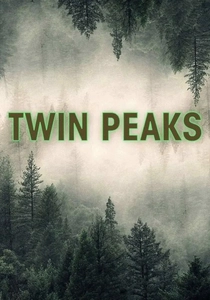
Twin Peaks (1990)
Description: David Lynch's 'Twin Peaks' shares with 'The Prisoner' a surreal, dreamlike quality and a deep exploration of the human psyche. Both series feature a protagonist trapped in a mysterious, often hostile environment, with layers of conspiracy and hidden meanings. The nonlinear storytelling and symbolic imagery in 'Twin Peaks' echo the enigmatic and allegorical style of 'The Prisoner'.
Fact: The show's iconic theme song, 'Falling', was composed by Angelo Badalamenti. The character of Laura Palmer was inspired by a real unsolved murder case. The series was revived in 2017 with a third season, 25 years after the original run.
 Watch Now
Watch Now 
The X-Files (1993)
Description: 'The X-Files' and 'The Prisoner' both delve into themes of paranoia, government conspiracy, and the search for truth in a world filled with deception. Both series feature protagonists who are constantly questioning their reality and the motives of those around them. The blend of standalone episodes with an overarching mythology in 'The X-Files' mirrors the episodic yet interconnected narrative of 'The Prisoner'.
Fact: The show's famous tagline is 'The truth is out there.' Creator Chris Carter was inspired by real-life UFO sightings and government cover-ups. The series has spawned two feature films and a revival season in
 Watch Now
Watch Now 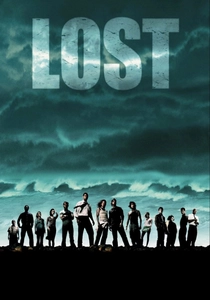
Lost (2004)
Description: Like 'The Prisoner', 'Lost' is a series that combines mystery, science fiction, and psychological drama, with a group of characters trapped in an enigmatic environment. Both shows explore themes of identity, free will, and the nature of reality, with a narrative that constantly keeps the audience guessing. The use of flashbacks and nonlinear storytelling in 'Lost' adds to its similarity to the fragmented and surreal narrative style of 'The Prisoner'.
Fact: The show was originally pitched as 'Survivor' meets 'The Twilight Zone'. The iconic numbers 4, 8, 15, 16, 23, and 42 have a mysterious significance throughout the series. The series finale was watched by over 13 million viewers.
 Watch Now
Watch Now 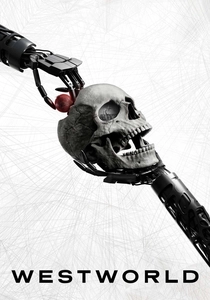
Westworld (2016)
Description: 'Westworld' and 'The Prisoner' both explore themes of identity, consciousness, and the nature of reality, often through the lens of a controlled environment where the characters struggle for autonomy. The high-tech, dystopian setting of 'Westworld' mirrors the surreal and oppressive Village in 'The Prisoner', with both series questioning the boundaries between freedom and control.
Fact: The show is based on the 1973 film of the same name written by Michael Crichton. The series features an ensemble cast, including Anthony Hopkins and Evan Rachel Wood. The show's intricate plot has led to numerous fan theories and analyses.
 Watch Now
Watch Now 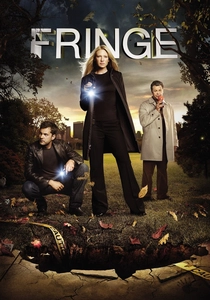
Fringe (2008)
Description: 'Fringe' and 'The Prisoner' both blend science fiction with psychological thriller elements, exploring the boundaries of science and the human mind. Both series feature mysterious organizations, alternate realities, and protagonists who are deeply connected to the central mystery. The episodic yet serialized nature of 'Fringe' allows for a mix of standalone stories and overarching plotlines, similar to 'The Prisoner'.
Fact: The show was created by J.J. Abrams, Alex Kurtzman, and Roberto Orci. The series pays homage to classic sci-fi shows like 'The X-Files' and 'The Twilight Zone'. The character of Walter Bishop was inspired by real-life scientists like Albert Einstein and Richard Feynman.
 Watch Now
Watch Now 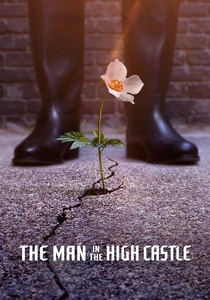
The Man in the High Castle (2015)
Description: Like 'The Prisoner', 'The Man in the High Castle' is a series that explores alternate realities and the psychological impact of living under oppressive regimes. Both shows feature protagonists who are caught in a web of conspiracy and must navigate a world where nothing is as it seems. The themes of resistance, identity, and the search for truth are central to both series.
Fact: The show is based on the novel by Philip K. Dick. The series imagines a world where the Axis powers won World War II. The show's title refers to a mysterious figure who possesses films showing alternate realities.
 Watch Now
Watch Now 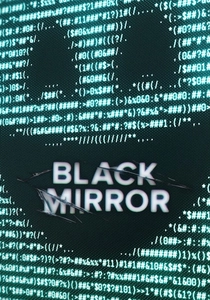
Black Mirror (2011)
Description: 'Black Mirror' shares with 'The Prisoner' a dystopian view of society and technology, often exploring the darker aspects of human nature and the consequences of unchecked power. Both series use speculative fiction to critique contemporary issues, with 'Black Mirror' focusing on the impact of technology, much like 'The Prisoner' used its surreal setting to comment on Cold War-era politics and individualism.
Fact: The title 'Black Mirror' refers to the dark reflection of society seen in the screens of our devices. Each episode is a standalone story, allowing for a wide range of themes and styles. The show was originally produced for Channel 4 in the UK before being picked up by Netflix.
 Watch Now
Watch Now 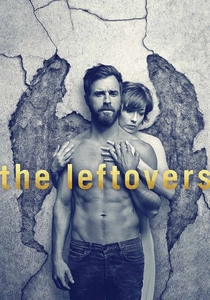
The Leftovers (2014)
Description: 'The Leftovers' shares with 'The Prisoner' a deep exploration of existential themes and the human condition, set against a backdrop of mystery and surrealism. Both series focus on characters who are grappling with loss, identity, and the search for meaning in a world that often feels incomprehensible. The emotional and psychological depth of 'The Leftovers' mirrors the introspective and allegorical style of 'The Prisoner'.
Fact: The show is based on the novel by Tom Perrotta, who also served as a writer and producer. The series explores the aftermath of a global event where 2% of the world's population suddenly disappears. The show's haunting theme music was composed by Max Richter.
 Watch Now
Watch Now 
